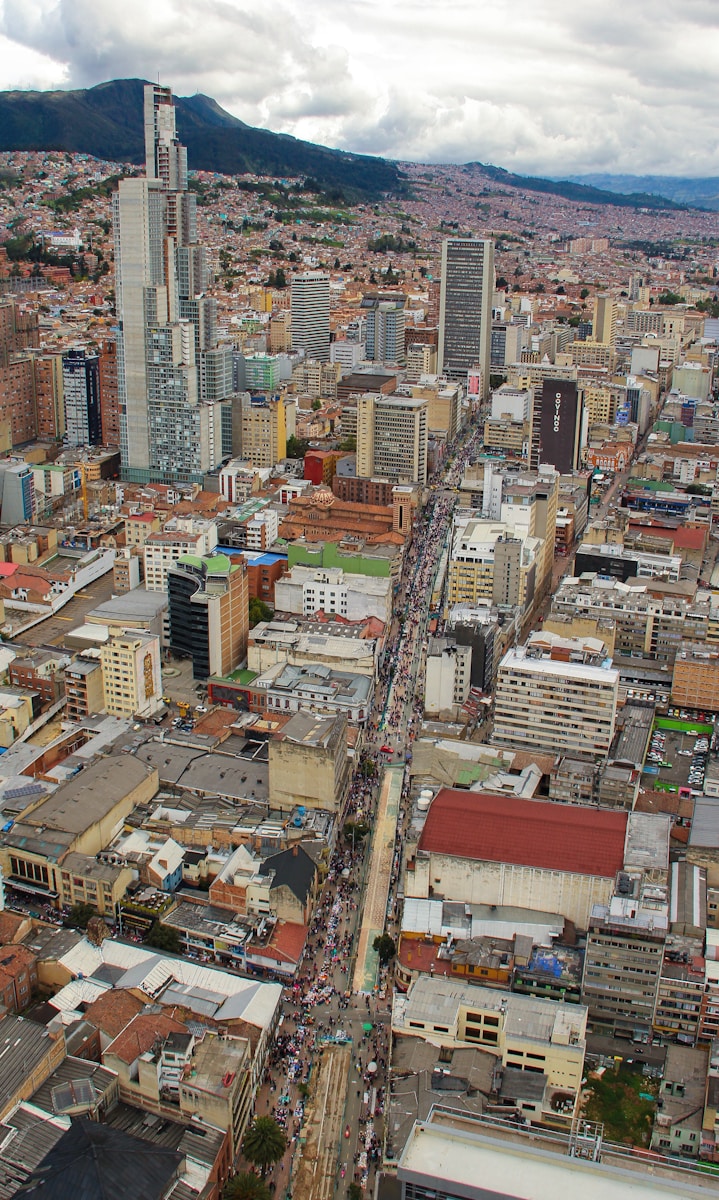DA municipalities: Shocking Truths About Ramaphosa’s Praise
The topic of DA municipalities has recently captured national attention, as President Cyril Ramaphosa praised their governance and financial management. While some applaud this acknowledgment, the GOOD Party has sharply rejected it, arguing that these municipalities mask serious social issues. In this article, we explore 5 shocking truths that reveal the complexities behind South Africa’s local government performance.
1. Financial Success vs Social Inequality
DA municipalities are often celebrated for their clean audits and financial discipline. Cape Town, for instance, consistently ranks high in fiscal accountability. However, beneath the surface, income inequality remains rampant. Many communities struggle with access to basic services, highlighting a gap between financial efficiency and social well-being.
2. Crime and Public Safety Concerns
Despite financial accolades, DA municipalities face significant challenges in public safety. Gang violence in certain neighborhoods of Cape Town is a persistent problem, raising concerns about the effectiveness of local law enforcement strategies. GOOD Party leaders argue that praising financial performance without addressing crime paints an incomplete picture.
3. Infrastructure Development Disparities
Infrastructure improvements in DA municipalities are unevenly distributed. Some wealthy suburbs benefit from well-maintained roads and utilities, while informal settlements face chronic shortages of clean water, electricity, and proper sanitation. This discrepancy has fueled public debate on whether governance successes are reaching all citizens equally.
4. Public Service Accessibility
Accessibility to public services in DA municipalities remains a critical issue. Many residents report delays in essential services like healthcare, education, and waste management. This is why the GOOD Party stresses that financial audits alone cannot define effective governance. For more details on local service management, visit SABC News.
5. Political Tensions and Public Perception
Praise from President Ramaphosa has sparked debates across political circles. While some citizens admire the financial discipline of DA municipalities, others criticize what they see as political favoritism. This tension reflects the polarized nature of South African politics and influences voter confidence.
6. Environmental Management Challenges
Environmental issues are often overlooked in discussions about DA municipalities. Urban planning and waste management projects show progress in affluent areas but lag in poorer communities. Internal policies need alignment to ensure equitable environmental sustainability. For a deeper look at municipal environmental strategies, check our related article: Environmental Challenges in Municipalities.
7. Citizen Engagement and Transparency
Active citizen participation is a hallmark of successful governance, yet DA municipalities face criticism for limited public engagement. Community forums and feedback mechanisms exist, but many residents feel their voices are underrepresented. Enhancing transparency and inclusive decision-making could strengthen trust in municipal leadership.
8. Economic Development and Job Creation
While DA municipalities have attracted investments and boosted local economies in some regions, unemployment remains high in marginalized areas. Economic growth is not uniformly shared, which intensifies inequality and fuels political debates over the real impact of municipal management.
9. Education and Youth Opportunities
Education quality varies significantly within DA municipalities. Schools in affluent areas show excellent results, while learners in disadvantaged neighborhoods struggle with overcrowding and insufficient resources. Addressing these disparities is essential to ensure that the benefits of governance reach all youth. Learn more about education initiatives in South Africa at Department of Education.
10. Future Prospects and Policy Recommendations
The future of DA municipalities depends on bridging gaps in social equity, crime prevention, and environmental sustainability. Policymakers are urged to implement inclusive strategies that benefit all citizens. Collaboration between municipal leaders, political parties, and communities is crucial to creating balanced and effective governance across South Africa.
Conclusion
DA municipalities offer lessons in financial management but face significant challenges in social equality, crime, and service delivery. By acknowledging both strengths and weaknesses, South Africans can work toward municipalities that serve every resident fairly, ensuring governance excellence is truly comprehensive.




